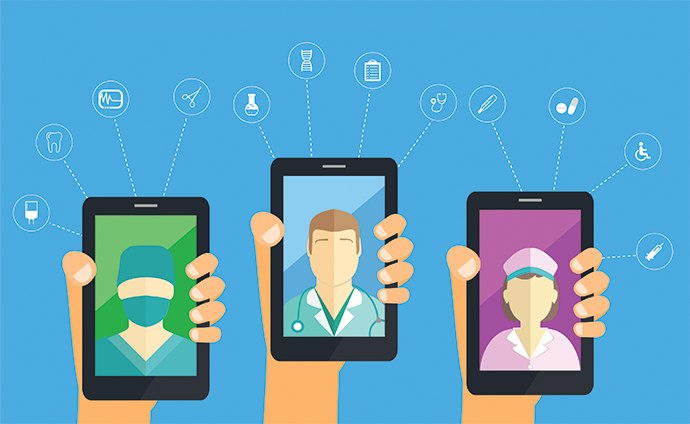Study Finds Underserved Communities Are Receptive to mHealth Tools
A study launched by the Yale School of Medicine finds that underserved communities will use mHealth tools to gather data and participate in studies if those tools are well-designed and aided by community health outreach.

Source: ThinkStock
- A good mHealth platform can influence underserved communities to manage their health and participate in clinical studies, according to a new study by researchers at the Yale School of Medicine.
As reported in the American Heart Association journal Circulation: Cardiovascular Quality and Outcomes, a program launched through Project Access-New Haven and the Yale Primary Care Center saw strong interest among participants in a connected health platform that collected their health information.
The platform – funneled through an mHealth app developed by Hugo Health – was specifically designed to address the needs of low-income residents who struggle to access healthcare. It featured both English and Spanish versions, and the program was shepherded by community health workers who were familiar with the communities and able to address social determinants of health, including digital literacy and distrust of the health system.
According to the study, led by Erica Spatz, MD, of the Yale School of Medicine’s Center for Outcomes research and Evaluation, participants “were interested in having access to their health records and were open to participating in research.” More specifically, many were comfortable sharing data collected on wearable devices like Fitbits and blood pressure cuffs, and they were interested in being the owner of their health records, having those records stored in one place and being able to access them on a mobile device such as a smartphone or tablet.
In addition, participants were somewhat comfortable in participating in research project using their smartphones or tablets, and they preferred to receive surveys via text message rather than e-mail.
When asked about concerns with mHealth platforms, participants wanted to learn more about privacy policies explaining how their data would be used, they were concerned about sharing data with research teams, and they were concerned that their data might be used without their permission.
Finally, the study found that participants were more comfortable using mHealth tools after the study than they had been prior to the program’s launch, and several said they’d used other mHealth apps during the study.
“mHealth applications that are sensitive to the user needs of vulnerable populations have the potential to gain uptake in more diverse communities,” Spatz and her colleagues wrote. “Consideration to the visual and linguistic design of mHealth applications, along with how mHealth applications are introduced to patients, may increase adoption and acceptability. One promising intervention is the use of community health workers (CHWs), whose role is to support patients in their health-related needs and address social determinants of health, to promote greater usage and understanding of health applications.”
In addition, they said, “there is an opportunity to bolster mHealth application usage among low-income populations by partnering with community organizations, hiring CHWs to facilitate engagement, and increasing hot spots to free high-speed Wi-Fi. Given widespread usage of smartphones and the efficiencies of virtual check-ins by CHWs, we believe that translation and scalability are feasible to provide increased digital connectivity in low-income populations with the goal of improving health and health outcomes.”
